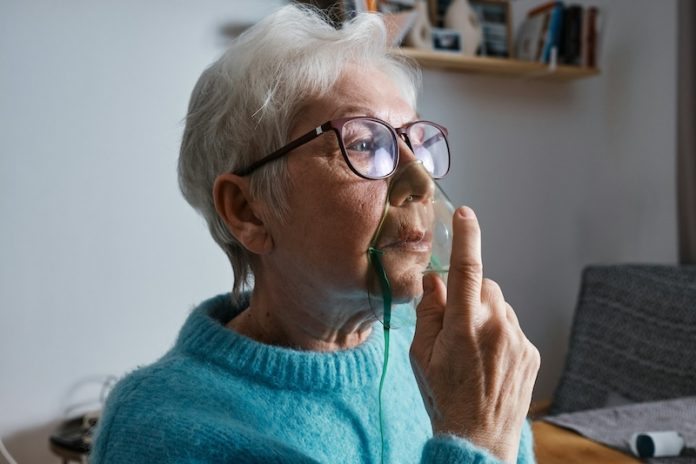
Chronic Obstructive Pulmonary Disease, or COPD, is a long-term lung condition that makes it hard to breathe. It’s a leading cause of illness and death worldwide, but many people don’t fully understand what causes it. Let’s explore the common causes of COPD and the science behind this serious disease.
The biggest cause of COPD is smoking. Cigarette smoke damages the lungs over time, causing inflammation and scarring in the airways. This makes it harder for air to flow in and out of the lungs. Studies show that about 75% of COPD cases are linked to smoking.
It’s not just active smokers who are at risk—people exposed to secondhand smoke can also develop COPD. Quitting smoking is the best way to reduce your risk of developing this condition or to slow its progression if you already have it.
Another major cause of COPD is long-term exposure to harmful substances in the air. This includes things like air pollution, chemical fumes, and dust.
People who work in industries like mining, construction, or farming may be exposed to these irritants for years, increasing their risk of lung damage. Research has shown that occupational exposure to these substances can account for up to 20% of COPD cases worldwide.
Some people develop COPD because of a genetic condition called alpha-1 antitrypsin deficiency. This is a rare disorder where the body doesn’t produce enough of a protein that protects the lungs.
Without this protein, the lungs are more vulnerable to damage from irritants like smoke or pollution. While this condition is less common, it’s an important reminder that not all COPD cases are caused by environmental factors.
Frequent lung infections during childhood can also increase the risk of developing COPD later in life. Infections like pneumonia or bronchitis can cause lasting damage to the lungs, especially if they happen repeatedly.
Studies have found that people with a history of severe lung infections are more likely to develop COPD as they age.
Living in areas with high levels of indoor air pollution is another significant cause of COPD. In many parts of the world, especially in developing countries, people cook and heat their homes using open fires or stoves that burn wood, coal, or other solid fuels.
These fuels release harmful smoke and particles that can be inhaled over time, leading to chronic lung damage. According to the World Health Organization, around 3 billion people worldwide are exposed to indoor air pollution, making it a major health concern.
Age is also a risk factor for COPD. While it’s not a direct cause, the lungs naturally lose some of their elasticity as we get older. This makes older adults more vulnerable to the effects of smoking or pollution, and COPD symptoms often appear in people over the age of 40.
Researchers continue to study the causes of COPD to better understand how to prevent it. One area of interest is the role of early-life factors, like being born prematurely or growing up in a polluted environment. These factors might weaken the lungs and make people more susceptible to COPD later in life.
In conclusion, COPD has several causes, but smoking remains the most significant one. Long-term exposure to harmful substances in the air, genetic factors, lung infections, and indoor air pollution also play important roles.
By avoiding smoking, reducing exposure to pollutants, and seeking medical advice early, it’s possible to lower the risk of developing COPD or manage the condition effectively if it occurs.
Understanding the causes is a key step in protecting lung health and improving quality of life for millions of people worldwide.
If you care about lung health, please read studies about marijuana’s effects on lung health, and why some non-smokers get lung disease and some heavy smokers do not.
For more information about health, please see recent studies that olive oil may help you live longer, and vitamin D could help lower the risk of autoimmune diseases.
Copyright © 2025 Knowridge Science Report. All rights reserved.



